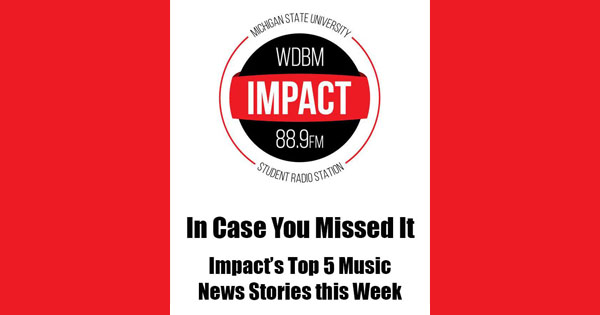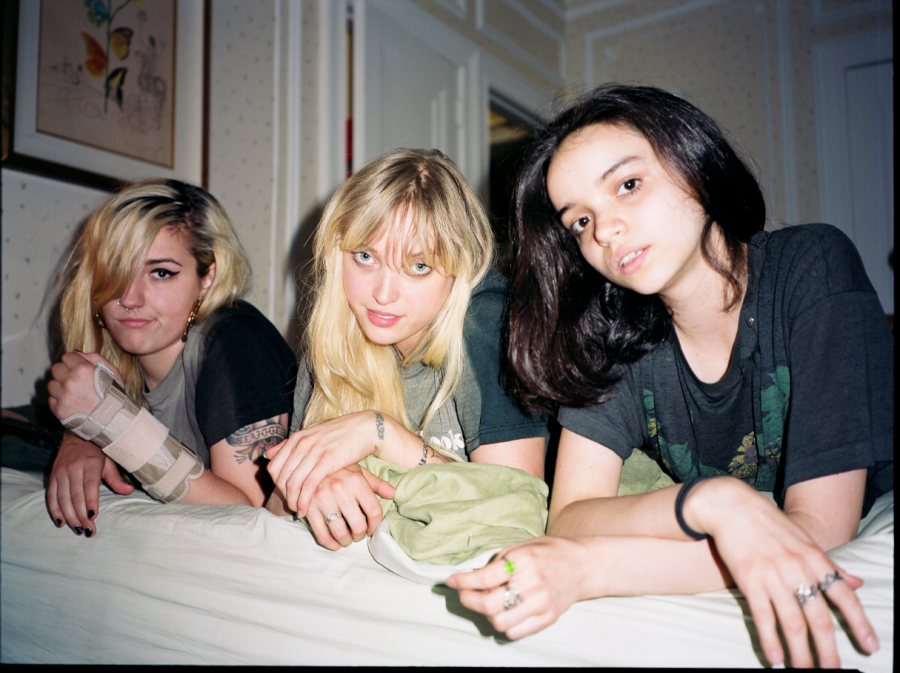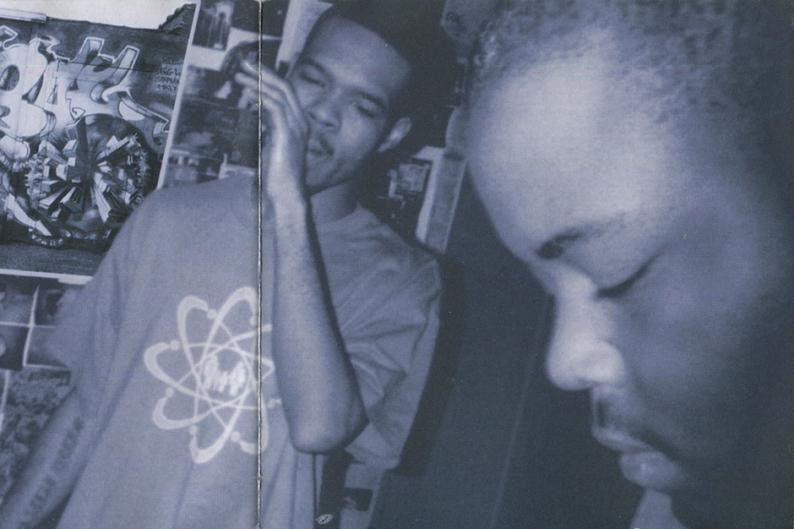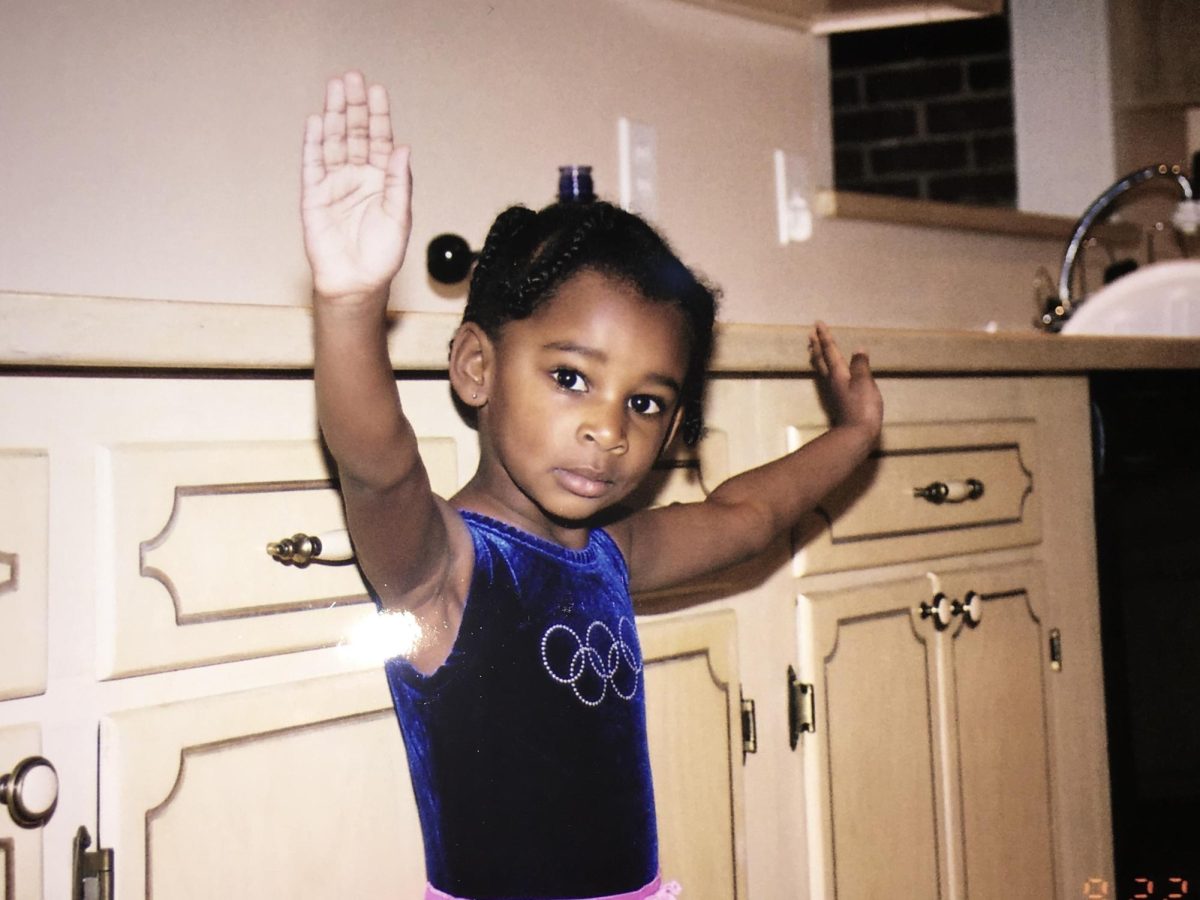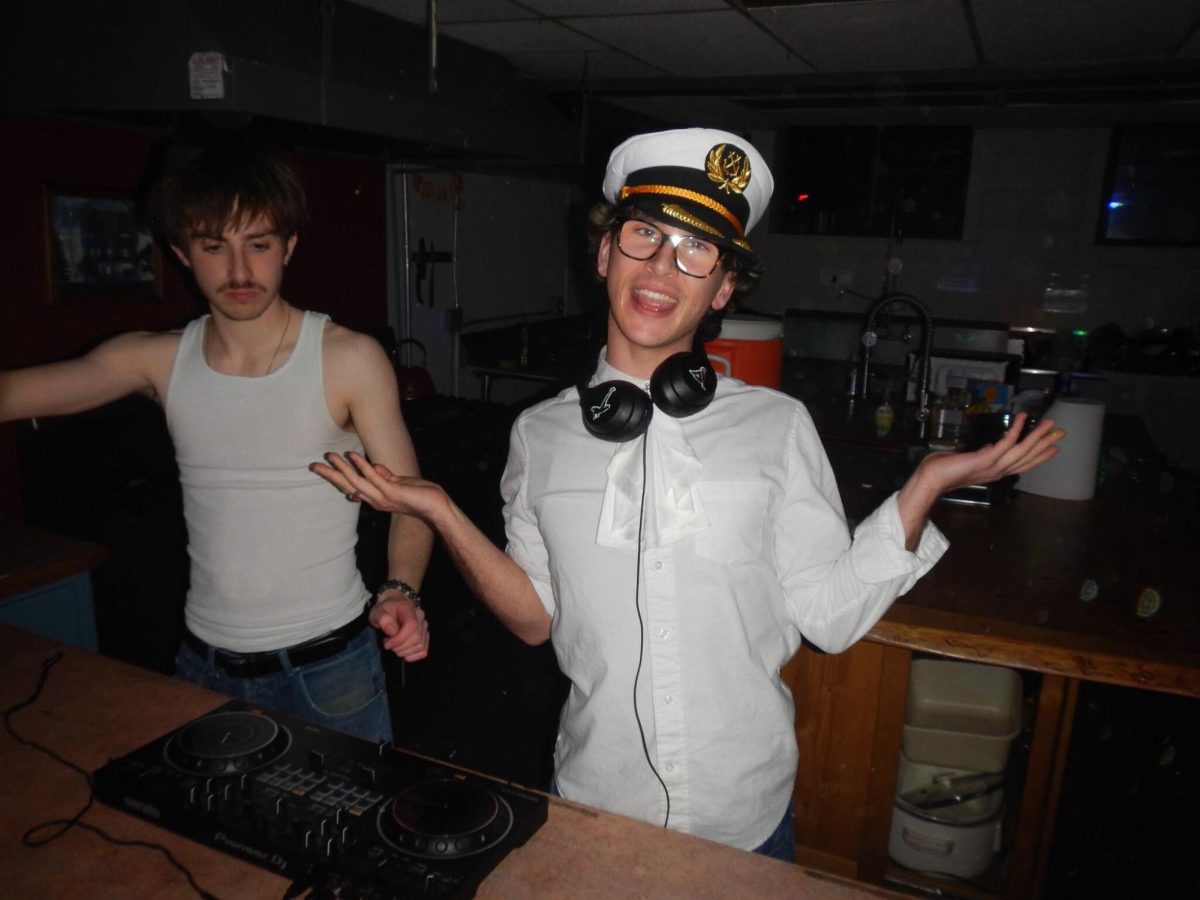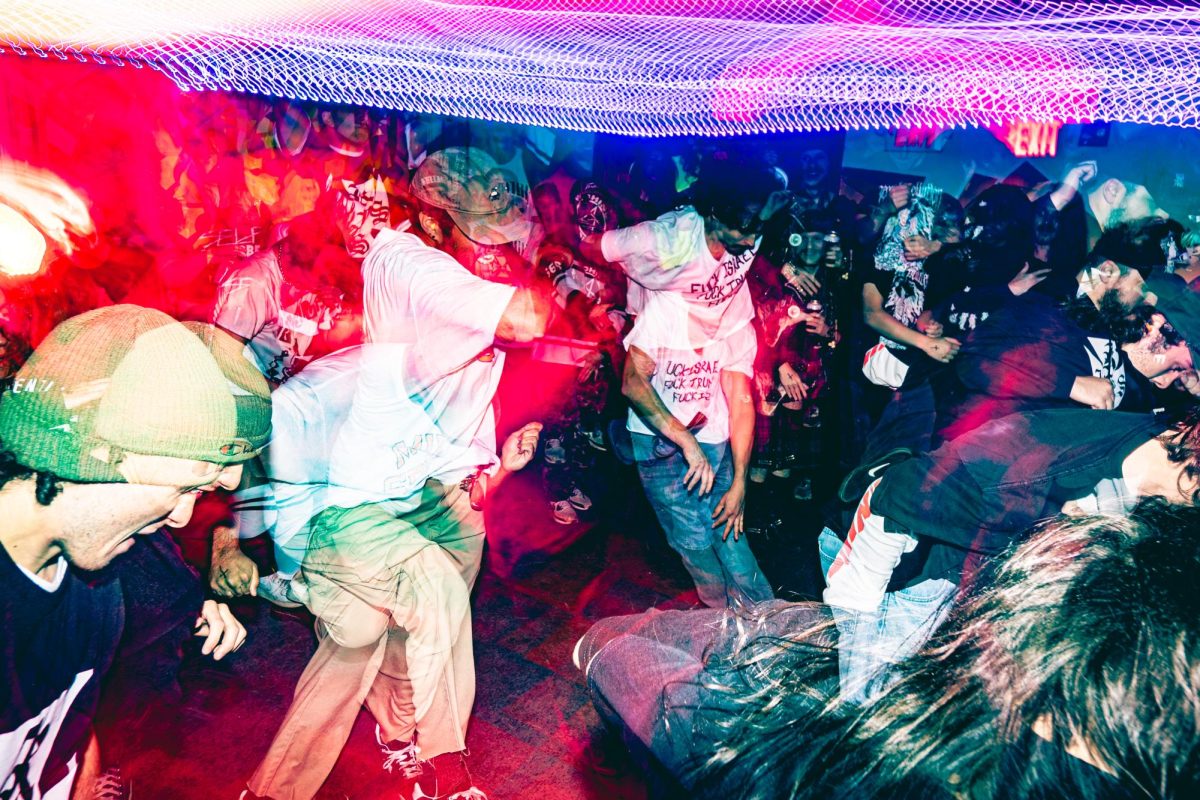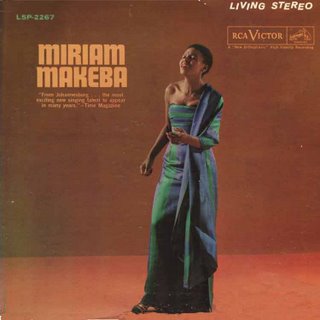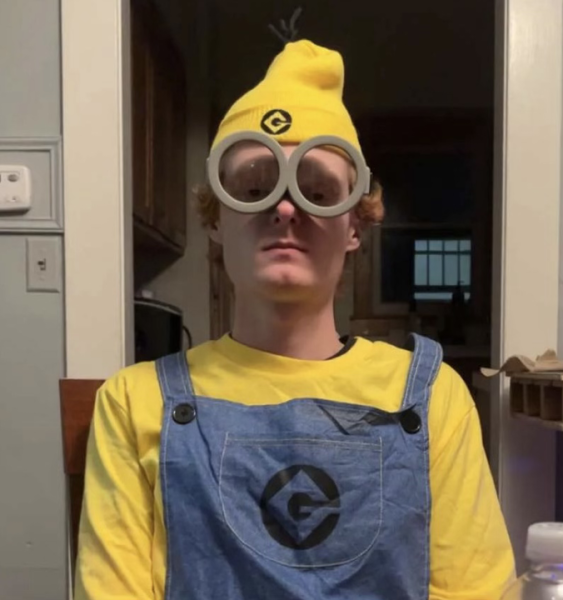This past Saturday, May 17, was the Grand Final of the 69th annual Eurovision Song Contest, held in Basel, Switzerland. Over the course of the week, we saw 37 different countries send artists to represent their nations, cultures, and art.
For those of you being introduced to Eurovision for the first time, let me briefly summarize it. The Eurovision Song Contest is the world’s largest music competition, owned and operated by the European Broadcasting Union (EBU). Every year, countries from across Europe—and even beyond—are invited to participate and send a musical act to represent them on the world’s biggest music stage.
The very first Eurovision was held in 1956 with the goal of uniting European nations through the power of music after World War II. Though the contest aims to put political differences to the wayside and celebrate music, that hasn’t captured the full picture of Eurovision.
The contest takes place over the course of one week, featuring two semi-finals where countries compete for a spot in the Grand Final—and a chance to be crowned the winner of the Eurovision Song Contest. It’s also important to note that the winning country typically hosts the contest the following year, unless certain conditions prevent it. In 2024, Nemo of Switzerland won with their song “The Code,” so in 2025, we headed to Basel, Switzerland.
The winner is determined through a 50/50 split between the public vote, known as the “Televote,” and votes from juries made up of individuals appointed by the broadcasters of each participating country, known as the “Jury Vote.” There are no strict criteria for voting—everyone is encouraged to vote for whoever they like. However, you cannot vote for your own country. You can click here to learn more about how the voting and point systems work.
After the first semi-final on May 13 and the second semi-final on May 15, we were left with 26 countries in contention for the trophy. You can find the list of countries that participated in the grand final here.
It was an amazing night filled with unique performances across the board with many different types of music represented. We saw 20 different languages represented, with many artists singing in more than one language during their performance. At the end of the night, we had our final placements and crowned a brand new winner!
Here is a recap of 10 of the top-performing countries:
11th Place – Finland with “Ich komme” by Erika Vikman (196 pts)
Erika Vikman took playful inspiration from this being the 69th edition of the contest, and when writing her song “Ich komme,” she decided to have a little fun with it. “Ich komme” is sung entirely in Finnish and German, with lyrics that take on a cheekier meaning when translated into English. Erika took the stage completely alone, and with her powerful vocals and captivating stage presence, she quickly became a fan favorite.
In true Eurovision fashion, Erika decided to make a bold statement by riding a giant microphone that shot sparks from its base—because hey, it’s Eurovision!
Erika earned 88 points from the juries and 108 from the public, giving her a grand total of 196 points.
You can watch a snippet of Erika Vikam’s “Ich komme” here:
10th Place – Switzerland with “Voyage” by Zoë Më (214 pts)
Following Nemo’s triumphant win last year, Switzerland chose Zoë Më to represent the nation with her French ballad “Voyage.”
“Voyage” is a melancholic yet tender ballad that tells the story of emotional pain inflicted by a lover, while the narrator remains close, offering love and understanding. Though the lyrics carry a sense of sadness, the song exudes calmness and emotional maturity. Zoë Më’s captivating and richly expressive vocals are a perfect match for the song’s mood and message.
The staging was intentionally minimalistic—Zoë sat on a stool, singing directly into the camera. Switzerland used cool-toned lighting and a continuous close-up shot to create an intimate atmosphere, making it feel as though she were singing to each viewer personally, despite an audience of over 200 million.
Zoë earned an impressive 214 points from the juries, but in one of the night’s biggest surprises, received 0 points from the public, bringing her final score to 214 points.
You can watch a snippet of Zoë Më’s “Voyage” here:
9th Place – Ukraine with “Birds of Pray” by Ziferblat (218 pts)
Ukraine is a true Eurovision powerhouse, with their most recent victory in 2022 and a flawless 100% qualification rate for the Grand Final. Needless to say, earning the opportunity to represent Ukraine is highly competitive and no easy feat.
This year, Ukraine was represented by Ziferblat, a Ukrainian band, with their song “Birds of Pray.” Sung in a mixture of Ukrainian and English, the song delivers a heartfelt plea for the safety and survival of a loved one, symbolized as a “little birdy.” With emotional lines like “Fly like a bird… I’m begging you, please just live,” the song carries a deeper meaning given the current situation in Ukraine and the ongoing hardships its people face daily.
However, the staging received backlash from some viewers, who found it underwhelming and lacking creativity. The performance featured stark, bright lights timed to the beat of the song, but many felt this was lackluster given Ukraine’s reputation in the competition.
Ziferblat earned 60 points from the juries and 158 points from the public, giving them a grand total of 218 points.
You can watch a snippet of Ziferblat’s “Birds of Pray” here:
8th Place – Albania with “Zjerm” by Shkodra Elektronike (218 pts)
Albania is a country with a deep love for the Eurovision Song Contest, often choosing to send uniquely-Albanian entries that proudly showcase the richness of its culture. This year, they were represented by the duo Shkodra Elektronike with their powerful Gheg Albanian song, “Zjerm.”
“Zjerm” delivers a moving message of a world without war, soldiers, or violence, only peace. The chorus repeatedly features the words “Aman, miserere” which reflects their yearning for healing and protection from evil. The staging was bold and dynamic, dominated by shifting shades of red, black, and white, all choreographed to match the intensity of the song’s pulsating beats.
Thanks to its emotional depth, dramatic staging, and the duo’s commanding vocal performance, “Zjerm” became a fan favorite—and one of my personal favorites as well.
“Zjerm” received only 45 points from the juries, but an impressive 173 points from the public, bringing their total to 218 points. This tied them with Ukraine; however, in the event of a tie, the country with the higher public vote is ranked higher. This meant that Albania finished ahead of Ukraine.
You can watch a snipper of Shkodra Elektonike’s “Zjerm” here:
7th Place – France with “maman” by Louane (230 pts)
As a member of the Big Five, France is automatically qualified for the Grand Final each year due to its financial contributions that help sustain the Eurovision Song Contest. In recent years, France has developed a reputation for delivering iconic, emotionally charged entries—primarily sung in French and typically performed by powerhouse vocalists
This year was no exception, as France was represented by popular French artist Louane with her heartfelt ballad “maman.”
“Maman” is a powerful ballad that explores themes of motherhood and the passage of time. The staging features sand as a visual metaphor, symbolizing how time continues onward and life changes. Louane delivers a moving vocal performance as she tells the story of a young girl who once cried out for her mother, and who has now become the mother her own child calls out for.
Louane received 180 points from the juries and 50 points from the public, earning a final total of 230 points.
You can watch a snippet of Louane’s “maman” here:
6th Place – Greece with “Asteromáta” by Klavdia (231 pts)
Greece, like Albania, is a country deeply passionate about the Eurovision Song Contest and eagerly participates each year. For 2025, Greece was represented by Klavdia, a solo Greek artist, with her emotional ballad “Asteromáta.”
“Asteromáta”—which translates to “Starry-eyed” in English—is a farewell ballad dedicated to a loved one, likely a mother. Klavdia delivers the song with raw emotion, singing as if she were promising that her spirit will remain, even in physical absence. The lyrics are rich with celestial imagery, referencing stars and the sky as symbols of eternal presence and love.
Klavdia’s staging has her standing atop a stone platform as enchanted visuals surround her, reacting dynamically to her long, powerful notes. The performance creates an atmosphere of both intensity but also compassion, which helps make it a very memorable song.
Klavdia received 105 points from the juries and 126 points from the public, giving her a total of 231 points, just edging out France by a single point.
You can watch a snippet of Klavdia’s “Asteromáta” here:
5th Place – Italy with “Volevo essere un duro” by Lucio Corsi (256 pts)
Now for another member of the Big Five—Italy! Italy played a foundational role in shaping the Eurovision Song Contest, thanks to its own national competition, the Sanremo Music Festival. Sanremo is a highly competitive event, averaging over 500 applicants each year. Winning Sanremo not only offers artists major exposure within Italy but also the opportunity to represent the country at Eurovision.
This year, however, the winner of Sanremo chose not to participate in Eurovision. As a result, the runner-up—Lucio Corsi, who lost by a mere 0.4%—was given the honor of representing Italy with his song “Volevo essere un duro”. It also happens to be my personal favorite of the year.
Lucio delivers a heartfelt and deeply personal song about the pressure of conforming to traditional expectations of masculinity—being the “tough guy”—even when that image doesn’t reflect who he truly is. His performance is both musically rich and emotionally layered: he plays the piano, guitar, and even includes a beautiful harmonica break.
On stage, Lucio wears white makeup covering his entire face, serving as a symbolic “mask” that allows him to perform while hiding the emotional weight he carries.
This entry is truly gorgeous, and it’s bound to stir emotions in anyone who listens. Notably, Lucio is also one of the few artists in Eurovision history to include live subtitles translating his Italian lyrics, making his message accessible to the audience.
Lucio received 159 points from the juries, and 97 points from the public earning him a final score of 256 points and a proud spot within the top 5 of the year.
You can watch a snippet of Lucio Corsi’s “Volevo essere un duro” here:
4th Place – Sweden with “Bara Bada Bastu” by KAJ (321 pts)
Sweden is widely regarded as a modern-day titan of the Eurovision Song Contest, boasting seven victories—tied with Ireland for the most wins in the competition’s history. This year, Sweden sent a Swedish-speaking trio from Finland, KAJ with their song “Bara Bada Bastu”, and from the moment they were announced, they quickly became fan favorites.
For much of the season, bookmakers predicted KAJ to be the front-runners to win the entire contest, and it makes sense why.
“Bara Bada Bastu” is everything a classic Eurovision entry should be: campy, fun, energetic, and all about saunas. The upbeat pop song is set in a sauna, where the trio perform in brown suits with a catchy dance routine. The staging bursts with fire, color, and playful theatrics, creating an atmosphere that feels uniquely Eurovision. But beyond the humor, the performance captures the spirit of the contest: bringing people together through music.
KAJ received 126 points from the juries, and in a surprising twist, only 195 points from the public, placing the anticipated champions at 4th overall.
You can watch a snippet of KAJ’s “Bara Bada Bastu” here:
3rd Place – Estonia with “Espresso Macchiato” by Tommy Cash (356 pts)
Estonia chose to send an artist with an already established reputation in the Euro-pop and rap scenes: Tommy Cash, with his song “Espresso Macchiato.”
The release of “Espresso Macchiato” was met with a fair amount of controversy, especially from Italian fans, due to its portrayal of Italian culture. The song, which mixes Italian and English lyrics, features several Italian stereotypes, including references to spaghetti and the Italian mafia. Many Italian Eurovision fans voiced their disapproval and even called for Tommy’s disqualification from the contest. Despite the backlash, the EBU decided not to disqualify Tommy, allowing him to compete.
Musically, “Espresso Macchiato” is extremely campy and energetic, in true Eurovision style. Tommy performs in the center of the stage, delivering an interpretive dance that’s quirky to say the least. The performance also includes a planned stage intruder, which adds an unexpected and charming element to the act. While the song itself might not be for everyone, it has a fun vibe and catchy nature that will appeal to the public.
Tommy Cash earned 98 points from the juries, and 258 points from the public giving him a final score of 356 and a spot within the Top 3.
You can watch a snippet of Tommy Cash’s “Espresso Macchiato” here:
1st Place- Austria with “Wasted Love” by JJ (436 pts)
Now it’s time for our new champion… JJ with his winning song “Wasted Love.”
JJ, a Filipino-Austrian vocalist, captivated Europe and beyond with his unique blend of classical opera vocals and raw emotional storytelling. From the moment “Wasted Love” was announced, it was an instant frontrunner—and the bookmakers agreed.
“Wasted Love” is a haunting ballad full of water imagery, used as a metaphor for emotional abandonment and heartbreak. JJ tells the painful story of being left by someone he deeply loved, left to drown in his own emotions without anyone to pull him back to safety. Despite the pain, he is resilient and still holding on to hope, even when floating alone.
“When you let me go /
I barely stayed afloat /
I’m floating all alone /
Still I’m holding on to hope”
Once rehearsals for the competition began, JJ quickly proved he had the power to take it home, showcasing just how captivating and powerful his enchanting vocals truly are. When JJ performs, you simply can’t take your eyes off him. He has a power and presence that pulls you in, and for the entire performance, you’re completely immersed in his voice.
The staging carried through the water theme, placing JJ atop a makeshift sailboat, floating alone in a stormy, violent ocean. The cameras used a black-and-white filter to add emotional intensity, and as the song builds, so too do the waves and winds swirling around him. The performance culminates in a heart-racing storm, complete with flashing lights, lighthouses surrounding him and a drum-and-bass-style beat-drop, while JJ delivers a stunning operatic note to close the song.
JJ received 258 points from the jury, the highest of the night, and 178 points from the public. Giving him a winning total of 436 points.
You can watch a snippet of JJ’s “Wasted Love” here:
This marks a historic moment for the competition as JJ is the first Filipino winner and is the third openly queer winner in a row. In addition JJ is the first Austrian to take home the trophy since the Eurovision legend Conchita Wurst did so in 2014 with her song “Rise like a Phoenix.”
And with that the 2025 Eurovision Song Contest has come to a close. Now we look forward to 2026 as we head to Austria to do it all over again, with brand new songs, artists and stories.
You can listen to all 37 songs from the 2025 Eurovision Song Contest here:




